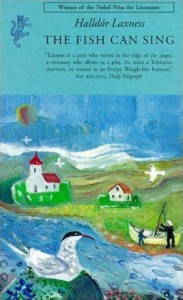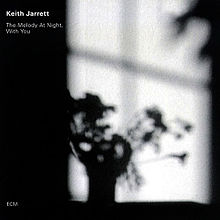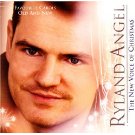Set at the beginning of the 20th century, this novel follows Álfgrímur, raised by his grandparents in a tiny village in the outskirts of Reykyjavík. They aren’t actually his grandparents. Björn is a fisherman who catches the lowly lumpfish which he always sells at the same price, rejecting the idea of supply and demand, believing that most people have more money than they need. Álfgrímur’s “grandmother” is not related to either of them yet works tirelessly while dispensing folk wisdom. They open their home, a cottage named Brekkukot, to anyone who wishes to stay there.
One of those is Álfgrímur’s mother who arrives pregnant and leaves after delivering the child. Among the many who come and go, Álfgrímur shares a spot with three permanent inhabitants: Captain Hogensen who used to pilot Danish ships; the Superintendent, a philosopher with a mysterious job whom the child believes to be descended from the Hidden People; and a descendant of Chief Justices who is an occasional drunk and a great admirer of cesspools.
On the walls of Brekkukot is a portrait of Garðar Hólm, Björn ‘s nephew, now Iceland’s great singer, who has been sent out into the world to bring glory to Iceland and show that it is not just a land of peasants and fishermen. Álfgrímur is fascinated by him, adding the idea of becoming a singer to his early conviction that he wants to be a lumpfisherman like his grandfather. Garðar Hólm is a mysterious figure who appears and disappears in the story but avoids singing for his native villagers.
Ostensibly a coming-of-age story, narrated by Álfgrímur, it is more a portrait of a disappearing way of life. In Horizon, Barry Lopez laments the loss of indigenous peoples and their traditions that offer alternate ways of seeing the world and living our lives. Here we see a country in transition as Iceland, a Danish colony where people still compute the price of a Bible by cows and cure headaches with warm cow dung, begins to move towards independence as modern industry creeps in.
This is a charming book, one that rewards patient attention. Don’t come to this book if you’re looking for a fast-paced novel that will keep you on the edge of your seat. But if you want a subtler story, one filled with quirky characters and gentle, affectionate humor, this is the book for you. There is a good bit of ironic subtext about fame and riches, about family and art.
There is much we could learn from Björn’s unfailing generosity, the way villagers such as the Pastor and a music teacher try to help the child, and Captain Hogensen’s annual complaint to “the Authorities” about the threat to small fishermen of modern fishing trawlers from England and elsewhere that are depleting the fish population.
It is the Pastor who first told Garðar Hólm about the “one true note”, the philosophic heart of the story that has fueled Garðar Hólm’s career and lures Álfgrímur as well.
Laxness deploys language with a deceptive simplicity. I especially treasure his metaphors, such as the window over Álfgrímur’s bed that is so small it is possible to see only one blade of grass and one star. Or this description of Captain Hogensen as “…the light of the world had more or less taken leave of this man, for he was almost blind.”
The title comes from a traditional Icelandic paradox, quoted by the hilarious merchant Gúðmúnsen:
The fish can sing just like a bird,
And grazes on the moorland scree,
While cattle in a lowing herd
Roam the rolling sea.
The original title strictly translated is The Annals of Brekkukot, which I find more intriguing, but that is because I’ve already read the book. It would not be an attention-grabbing title. And the English title does highlight the colorful and playful paradoxes in these characters and, indeed, in ourselves.
What book have you read set in Iceland?



